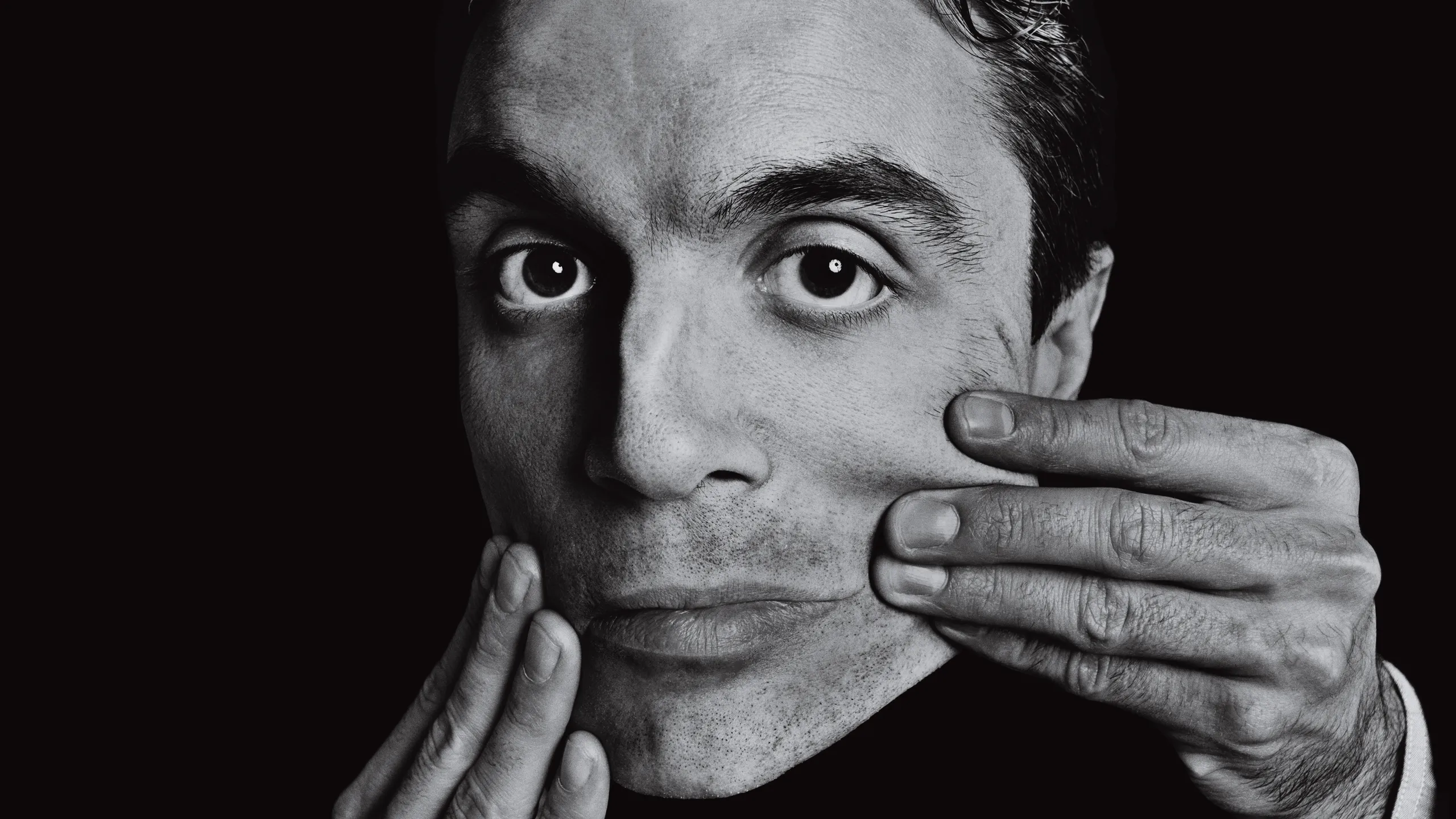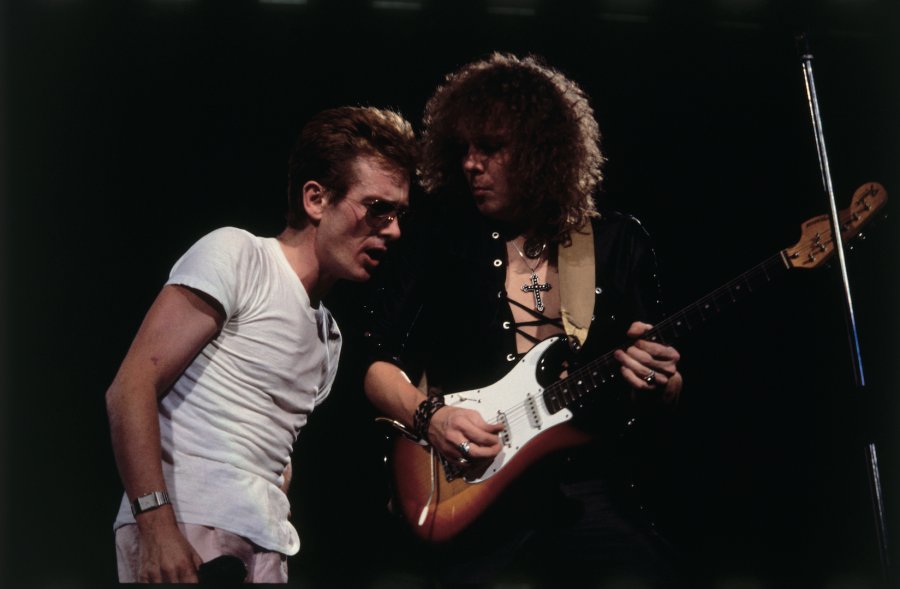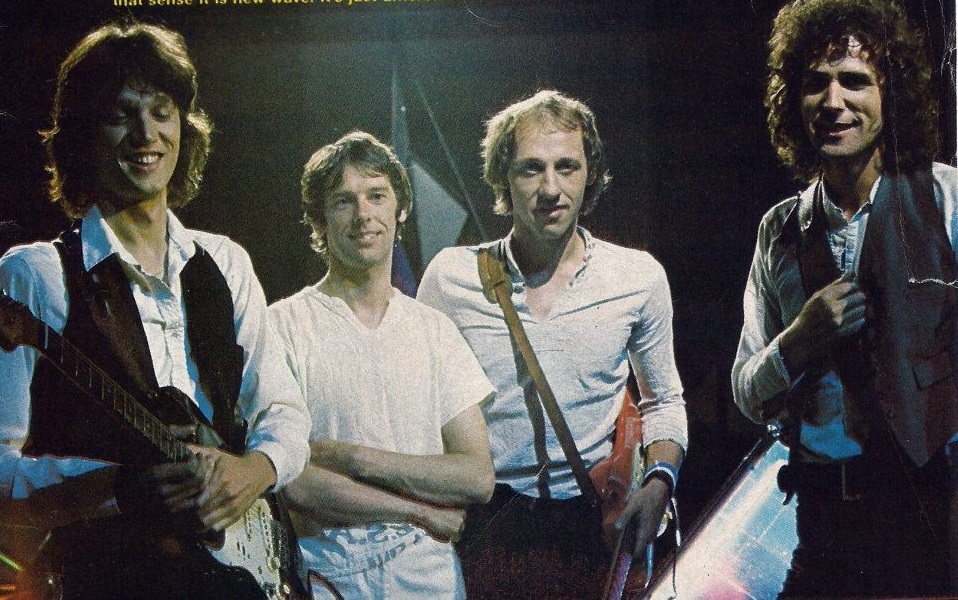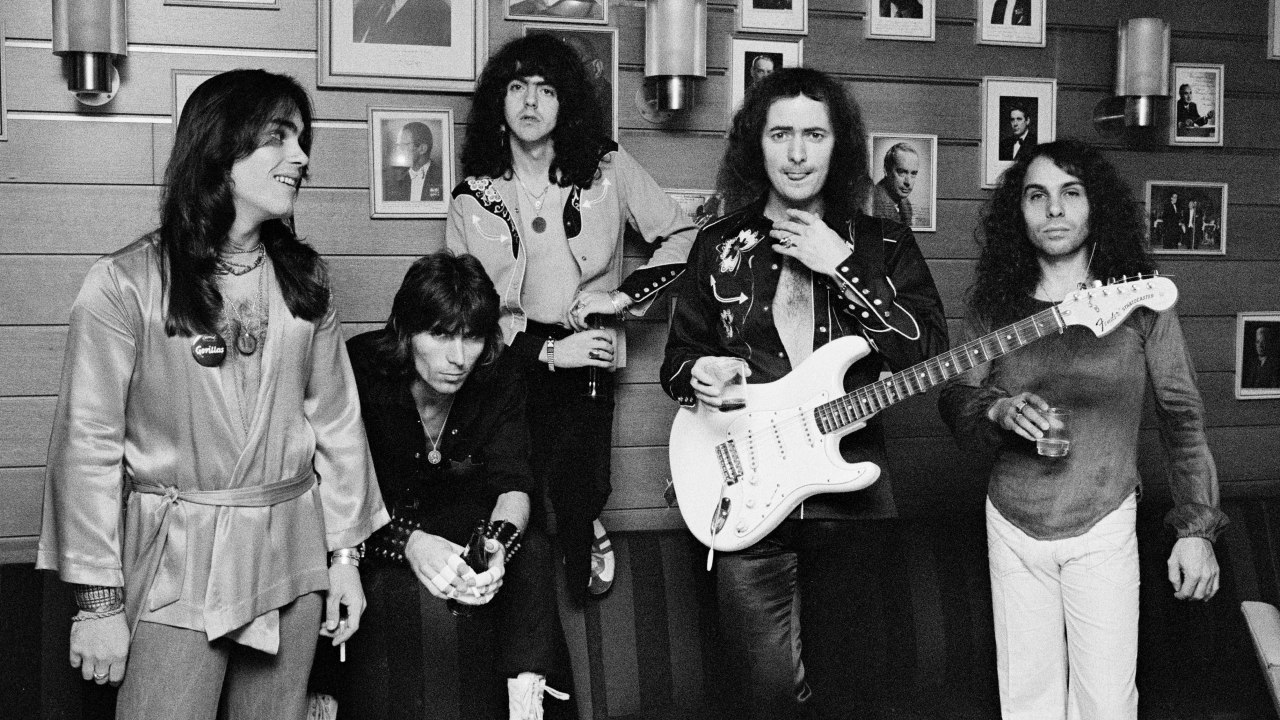A Closer Look at Talking Heads’ Breakup
With the imminent reunion of Talking Heads for a live Q&A session discussing their iconic concert film, “Stop Making Sense,” David Byrne’s contemplation on the band’s tumultuous breakup has stirred conversations anew. In a recent interview, Byrne candidly addressed his regrets about the acrimonious split and his recognition of his past behavior.
Byrne’s Admission of Imperfection
David Byrne, known for his influential role in the new wave scene as part of Talking Heads, openly acknowledged his shortcomings during the band’s heyday. He admitted, “As a younger person, I was not as pleasant to be around.” He reflected on his behavior while working on Talking Heads shows, acknowledging that he was “more of a little tyrant.” Over time, Byrne underwent personal growth and transformation. He learned the value of collaboration and the positive outcomes of nurturing a healthy working relationship. “Collaborating with people, both sides get more if there’s a good relationship instead of me telling everybody what to do,” he acknowledged.
Byrne’s frankness extended to the topic of the band’s breakup. He conceded that the way the breakup was handled was less than ideal, describing it as “kind of ugly.” This statement resonates with fans who had long wondered about the circumstances surrounding the end of Talking Heads. While he expressed regret for his past actions, Byrne emphasized that he believes the breakup was “inevitable.”

Surprise and Communication Woes
The shockwave caused by Talking Heads’ breakup was felt not only by fans but also by band members themselves. Drummer Chris Frantz and bassist Tina Weymouth revealed that David Byrne’s decision to leave the band caught them off guard. “We were shocked to find out about (Byrne’s departure) via the Los Angeles Times,” Frantz admitted. Weymouth shared their perspective, highlighting that, from their point of view, the band never truly dissolved. “As far as we’re concerned, the band never really broke up. David just decided to leave,” Frantz added.
The duo also shed light on Byrne’s communication style, which had contributed to the band’s internal dynamics. “Communicating with other people has never been David’s forte, at least not on a personal level,” Frantz explained. This glimpse into the challenges within the band underscores the complexity of interpersonal relationships in the music industry.
Cordial Reconnection
The passage of time appears to have mended some of the wounds left by Talking Heads’ breakup. Byrne shared that he now maintains a “cordial relationship” with his former bandmates. While they’re no longer in each other’s company frequently, they’ve found common ground and a sense of understanding. This reconciliation speaks to the resilience of artistic bonds, even in the face of adversity.
Celebrating the Legacy of “Stop Making Sense”
As “Stop Making Sense,” the groundbreaking concert film that captured Talking Heads’ live energy, approaches its 40th anniversary, fans are in for a treat. A 4K re-release of the film is scheduled for a grand premiere in IMAX on September 22nd, followed by a wider release on September 29th. The celebration doesn’t end there. A deluxe edition of the film’s soundtrack, slated for release on August 18th, will feature two previously unreleased tracks: “Cities” and “Big Business / I Zimbra.” This anniversary edition promises to be a homage to Talking Heads’ enduring impact on music and culture.
In the grand tapestry of music history, Talking Heads’ story stands as a testament to the complexities of creative collaborations and the evolution of personal dynamics. David Byrne’s journey of self-discovery and reconciliation serves as a reminder that growth is a lifelong process, even for those who have shaped the musical landscape.










